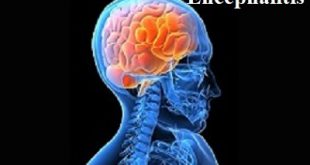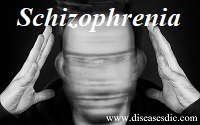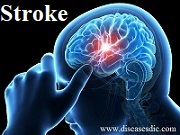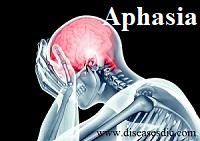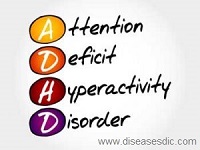Definition Encephalitis (en-sef-uh-LIE-tis) is inflammation of the brain. There are several causes, but the most common is viral infection. Encephalitis often causes only mild flu-like signs and symptoms such as a fever or headache or no symptoms at all. Sometimes the flu-like symptoms are more severe. It can also cause …
Read More »Epilepsy – Definition, Complications, and Treatment.
Definition Epilepsy is defined as the repeated occurrence of sudden, excessive and/or synchronous discharges in cerebral cortical neurons resulting in disruption of consciousness, disturbance of sensation, movements, impairment of mental function, or some combination of these signs. Because of their sudden nature, seizures are called ictal events, from the Latin …
Read More »Schizophrenia: History, Causes, Treatment and Prevention
Definition Schizophrenia is a serious disorder which affects how a person thinks, feels and acts. Someone with schizophrenia may have difficulty distinguishing between what is real and what is imaginary; may be unresponsive or withdrawn; and may have difficulty expressing normal emotions in social situations. History The word schizophrenia was …
Read More »Bipolar Disorder – Definition, Risk Factors and Treatment.
Definition Bipolar disorder is a condition that features extreme shifts in mood and fluctuations in energy and activity levels that can make day-to-day living difficult. Previously known as manic depression, it is a serious mental illness that, if left untreated, can destroy relationships, undermine career prospects, and seriously affect academic …
Read More »Stroke – Complications, Rehabilitation, and Prevention.
Definition A stroke is a “brain attack”. It can happen to anyone at any time. It occurs when blood flow to an area of brain is cut off. When this happens, brain cells are deprived of oxygen and begin to die. When brain cells die during a stroke, abilities controlled …
Read More »Aphasia – Causes, Symptoms, Complications, and Treatment
Definition Aphasia is a communication disorder that occurs due to brain damage in one or more areas that control language. It can interfere with your verbal communication, written communication, or both. It can cause problems with your ability to: Read Write Speak Understand speech Listen According to the National Aphasia …
Read More »Agnosia – Causes, Complications, and Treatment.
Definition Agnosia is a rare neurological disorder which causes the loss of ability to recognize any familiar person, object and sounds or the ability to comprehend the meaning of any object or difficulty in processing sensory information, such as touch, sound, and light even in the presence of intact senses. …
Read More »ADHD – Definition, Symptoms, Treatment, and Prevention.
Introduction ADHD (Attention Deficit Hyperactivity Disorder) is a brain disorder marked by an ongoing pattern of inattention and/or hyperactivity-impulsivity that interferes with functioning or development. ADHD has three sub-types Predominantly hyperactive-impulsive Most symptoms (six or more) are in the hyperactivity-impulsivity categories. Fewer than six symptoms of inattention are present, although …
Read More » Diseases Treatments Dictionary This is complete solution to read all diseases treatments Which covers Prevention, Causes, Symptoms, Medical Terms, Drugs, Prescription, Natural Remedies with cures and Treatments. Most of the common diseases were listed in names, split with categories.
Diseases Treatments Dictionary This is complete solution to read all diseases treatments Which covers Prevention, Causes, Symptoms, Medical Terms, Drugs, Prescription, Natural Remedies with cures and Treatments. Most of the common diseases were listed in names, split with categories.
